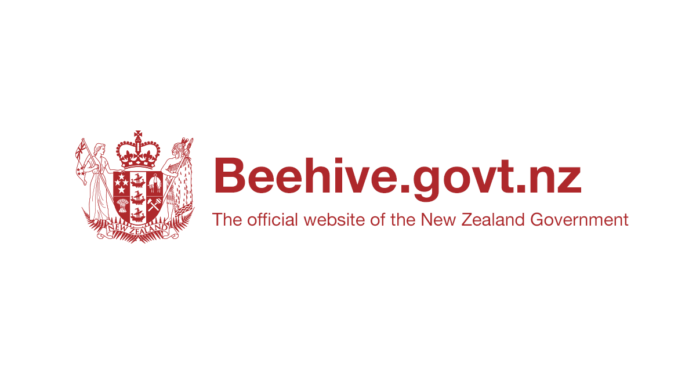Source: New Zealand Government
The farming sector has agreed to make immediate improvements to intensive winter grazing practices for the coming season and the Government will help them achieve this.
Intensive winter grazing (IWG) is a farming practice where stock are confined to outdoor feeding areas planted with fodder crops.
“If done poorly, IWG has serious negative effects on animal welfare and the environment, particularly freshwater health and estuaries. Farming leaders accept that these practices need to improve and they want to be part of the solution,” Environment Minister David Parker said.
In return for the farming sector’s commitment, the Government has deferred the introduction of IWG practice regulations for a year until May 2022, while these improvements are made. However, rules preventing the expansion of IWG will still apply.
The Government will work with the farming sector to improve on-the-ground IWG practices for the benefit of freshwater quality and animal welfare.
“The one year deferment will enable an IWG farm plan ‘module’ to be rapidly developed, tested and deployed ready for formal incorporation into wider certified freshwater farm plans in 2022,” David Parker said.
David Parker and Agriculture Minister Damien O’Connor have always seen the freshwater farm plan regime as the key to achieving improvements in IWG practices.
The Ministers thanked Beef + Lamb, Dairy NZ and the entire Southland Advisory Group for working cooperatively with the Government on effective and practical solutions to manage the impacts of winter grazing on the environment and animal welfare.
Damien O’Connor said the direction of travel is known to all involved.
“This decision provides certainty of direction and timeframe. We can get on and put farm plans into place as quickly as possible across all farming operations,” Damien O’Connor said.
“Immediate improvements in IWG practices this season are required, and I have set out my expectations to both councils and industry bodies,” David Parker said.
“Increased monitoring and reporting by councils will also ensure measurable improvements in IWG by May 2022. This will include quarterly reports to me.”
A draft IWG farm plan module has been developed by the Southland Advisory Group, which included Environment Southland, DairyNZ, Beef + Lamb, Fish and Game and Federated Farmers, with input from iwi and Local Government NZ.
“The draft module will give councils and the farming sector a head start in meeting their commitments to us,” David Parker said.
The Government is determined to stop further degradation of our waterways and estuaries and to improve water quality for all New Zealanders. That is part of our commitment to lay the foundations for a better future for the generations of New Zealanders to come.



